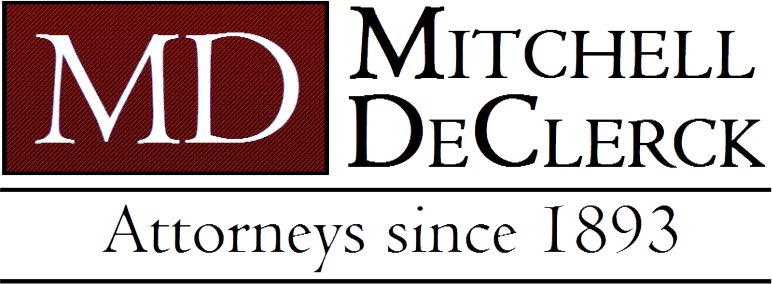Your estate plan ensures that your assets will go to a new home after you pass away. The beneficiaries you choose will inherit from your estate. All your heirs have to do is wait for probate to end.
Probate is the period when your estate plan is validated and your family and loved ones are contacted about their inheritance. However, probate can sometimes take up to a year. During this time, your home, car and precious belongings will all be left unattended, which may seem irresponsible to allow your estate to possibly fall into ruin or be vulnerable to thieves during probate.
Yet, your estate plan also includes an executor of your estate. An executor’s responsibility is to upkeep your estate and distribute assets after probate, essentially carrying out your final wishes. While that’s the general idea of an executor of the estate, they’ll still be required to take the proper steps to ensure everything goes over smoothly. This includes:
Filing the will and trust
It’s important that an executor understands that they’re mainly responsible for filing your will and trust once you pass away. That means they’ll have to know where your will and trust are located and any other documents to secure your estate. Without these documents, a probate judge won’t be able to approve the distribution of your estate to your wishes.
Closing your accounts
In addition, the executor will also have to collect several copies of your death certificate. This allows the executor to file taxes, pay off funeral expenses, debts or mortgage and close your accounts so that the bulk of your assets are preserved.
Securing your estate
Your executor will also need to secure your estate. That means locking down your home and locating any valuables that should be slipped away in the night. Once probate is over, then the executor can hand off your assets in the same condition you left them.
Being an executor is a lot to handle and you want to ensure you’re picking the right person for your estate plan.

